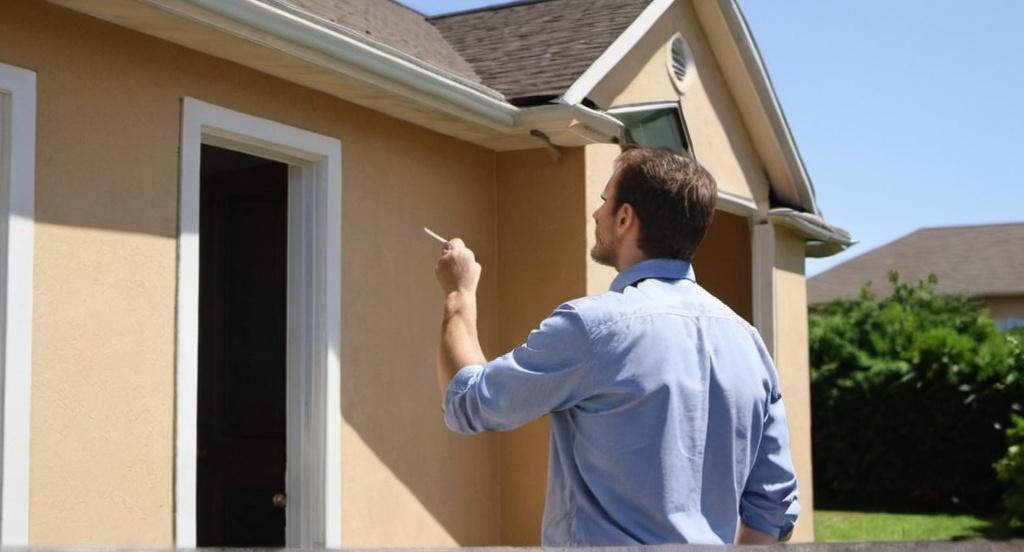Key Take Aways about Retail spaces (strip malls, standalone stores) as Investment Properties
- Retail spaces offer investment opportunities for all, not just large investors.
- Types include strip malls with multiple tenants and standalone stores.
- Provide steady income from long-term commercial leases.
- Tenants often handle taxes and maintenance, reducing landlord burden.
- Key factors: location, tenant diversity, legal/zoning considerations.
- Economic conditions can impact tenancy and property value.
- Successful investments can yield appreciation and regular income.

Retail Spaces as Investment Properties
Investing in retail spaces isn’t just for the big wigs. Strip malls and standalone stores have been turning heads as viable investment avenues for years. You don’t need a Wall Street address to get in on the action. These properties can be a solid addition to your portfolio, providing a steady income stream and the potential for appreciation.
Understanding Retail Spaces
Retail spaces come in various shapes and sizes, from sprawling strip malls with multiple tenants to quaint standalone shops. Strip malls typically house numerous retail outlets, perhaps a bakery next to a nail salon next to a gym, all sharing a parking lot. Standalone stores, meanwhile, are those isolated gems—sometimes housing a boutique or a popular fast-food chain.
Why Retail Spaces?
So, why bother with retail spaces when there are other shiny investment options? Well, retail spaces can offer a steady flow of rental income. Unlike residential rentals, commercial leases tend to be longer-term, sometimes stretching up to 20 years. The tenants, often businesses themselves, shoulder things like property tax and maintenance, reducing some of the landlord headaches associated with other real estate investments.
How Do You Make Money?
Here’s the deal. You buy a retail space, lease it out, and collect rent. The longer your tenants stay, the more predictable your income. If you’re lucky, the property appreciates over time, allowing you to sell it for a tidy profit down the road. It’s not all sunshine and rainbows, though. Like any investment, there are risks involved, such as vacancy rates and economic downturns affecting tenant businesses.
Considerations Before Investing
Before jumping in, there are some key factors to weigh. Location is a biggie. A strip mall in a bustling urban area is going to have more foot traffic and potential tenants than one in a sleepy town. Tenant mix is another—having a diverse group of tenants can stabilize your income stream, so you’re not reliant on one market sector. Legal considerations and zoning regulations are also hurdles to clear. A chat with a real estate lawyer might save some future headaches.
The Economic Climate
The winds of economic change can affect retail investments. In good times, consumer spending is up, tenants pay their rent on time, and the value of the property could rise. During economic slumps, businesses might close up shop, and finding new tenants can be challenging. It’s crucial to keep an eye on the larger economic picture and your property’s market trends.
Personal Experiences and Anecdotes
Speaking of market trends, let me tell you about Uncle Joe. He bought a corner retail space in the ’90s, thinking it was his ticket to easy street. It was rocky at first, with tenants bailing and rents defaulting. But he hung in there, rolled with the punches, and eventually the neighborhood gentrified. Fast-forward to today, and Uncle Joe’s spot is home to a popular café and boutique, pulling in a steady income stream.
Conclusion
Retail spaces as investment properties aren’t for everyone, but for those willing to take the plunge, they can be rewarding. Bought wisely, they can generate consistent income and appreciate over time. While they come with risks, understanding the market, tenant dynamics, and economic influences can help you navigate the murky waters of retail property investment. Get your ducks in a row, do your homework, and who knows? You might just find yourself laughing all the way to the bank, retail style.